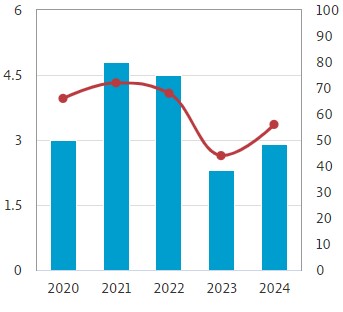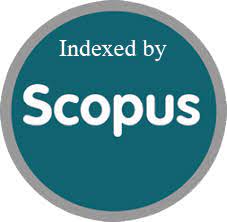The Relationships between Job role, supervisory support and Burnout among Professional Caregivers of People with Intellectual Disability.
Abstract
This study examined the relationships between job role, supervisory support, and burnout among professional caregivers of individuals with intellectual disability. Using a cross-sectional correlational design, data were collected from professional caregivers through demographic questionnaires, the Maslach Burnout Inventory, and measures of supervisory support. A total of 34 participants were included in the analysis. Results from the Mann–Whitney U test indicated no significant relationship between job role and burnout across the three subscales: emotional exhaustion (U=31.000, p=.364), depersonalization (U=44.000, p=.539), and personal accomplishment (U=58.500, p=.922). However, descriptive statistics revealed that managers reported slightly higher emotional exhaustion (M=23.33) compared to frontline staff (M=21.28). Educational level also showed no correlation with personal accomplishment, despite 55% of participants holding undergraduate degrees and 29% holding master’s degrees. Supervisory support was found to have a positive effect on reducing burnout. A Kendall’s tau b correlation revealed no significant association with emotional exhaustion (p=.169), but supervisory support was significantly associated with lower depersonalization (r=-.393, p=.008) and greater personal accomplishment (r=.369, p=.010). These findings highlight the importance of organizational and social support systems in buffering against certain dimensions of burnout, even when workload and job role are not significant predictors.




